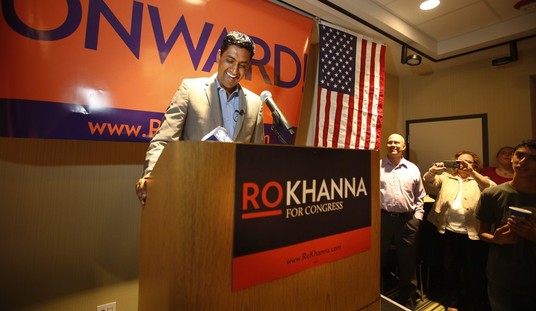The New Jersey Supreme Court today decided Gov. Chris Christie and state legislators must spend more money — specifically, $500 million more — to meet a constitutional obligation to provide a “thorough and efficient” system of free education for elementary through high school students in the state.
The case was the 21st in a series of cases about school funding in the state of New Jersey. With this decision, the court continued the pattern it set in previous cases — a pattern of prescribing the amount of education funding the state owes students.
As Judicial Crisis Network’s Carrie Severino explains, “This is just another hit in a long string of cases wherein New Jersey’s highest court has taken on the role of judiciary, appropriator and chief executive.” She continues:
In the Abbott v. Burke line of cases, the New Jersey Supreme Court decided that it has the authority to determine what level of funding satisfies the constitution’s requirement of a thorough and efficient system and to order the state to spend more if the court is not satisfied. One would have to re-read Justice Blackmun’s opinion in Roe v. Wade to find a greater example of incoherence and willful judging masked as legal analysis.
Severino is right. The court’s decision makes no sense. As the New Jersey administration argued in the case, appropriations power — including the power to establish school funding levels — actually belongs to the legislature.
But the state Supreme Court dismissed that argument:
The State seeks, through the legislative power over appropriations, to diminish the Abbott districts’ pupils’ right to funding required for their receipt of a thorough and efficient education. … In such cases, the State may not use the appropriations power as a shield to its responsibility.
It’s fine for the court to affirm students’ right to an effective education. The New Jersey constitution provides for that. But the court says students have a “right to funding” — and not just funding, but a specific dollar amount. Essentially, the court equates a certain amount of funding with a quality education.
But that disregards an important reality. The facts show more money doesn’t necessarily mean a higher quality education. The Heritage Foundation’s Lindsey Burke explains:
Unfortunately, no correlation has been found between [government spending] growth and increases in academic achievement. While the federal role in education has ballooned over the decades—and federal per-pupil expenditures have tripled—academic achievement, graduation rates, and our international competitiveness have languished.
New Jersey is no exception. The state spends more education dollars per pupil than any other state in the country, but is far from the top in academic achievement, Burke said.
According to Fred Giordano, a partner at K & L Gates in New Jersey, 20 years of court rulings in earlier Abbott cases have led to increased funding for the so-called Abbott districts — but achievement has not kept pace. The performance discrepancy remains between Abbott districts and other school districts in the state — suggesting its cause might be something other than funding.
“If we really wanted to help the students in the Abbott districts, we would give them more flexibility to take their money where they see fit,” Burke says. “We’re seeing all of this exciting movement toward school choice throughout the country, but then, in New Jersey, you have a Supreme Court saying, ‘Let’s continue in the status quo by throwing more money at the problem.’ It’s frustrating.”
Meanwhile, the state of New Jersey simply can’t afford this decision. Complying with earlier Abbott court rulings cost New Jersey taxpayers more than $37 billion between 1998 and 2008 alone, according to a Federalist Society white paper.
The decision is fishy for another reason, as well. The Court’s decision came on the strength of a swing vote of a justice temporarily assigned to the Court with neither the governor’s approval nor the advice and consent of the state senate, Giordano said.
Giordano sums it all up:
The decision is not surprising given the long line of Abbott cases, but disregards the state’s fiscal problems and the substantial evidence that the increased spending the Court had mandated in its Abbott decisions have failed to produce results commensurate with these expenditures.







Join the conversation as a VIP Member